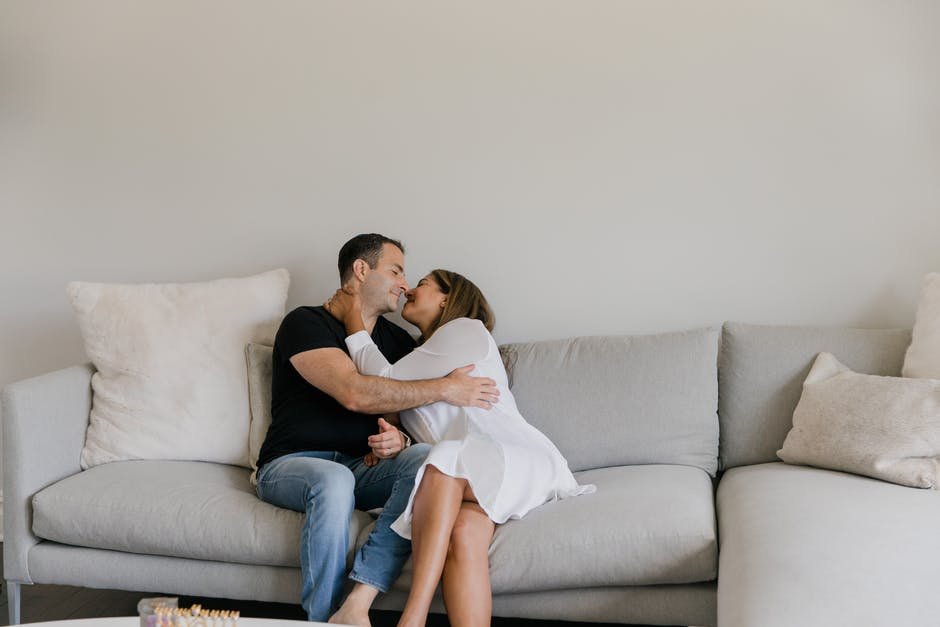5 Ways to Positively Communicate
/How can positive communication help you? When we can communicate our thoughts and feelings in an effective and positive manner, it can help boost our confidence and make us happier. Positive communication improves all aspects of our life and can open so many doors in our lives from self-esteem to relationships, to jobs and many other areas of our lives. There are many factors that go into effective communication and some you can implement with just little effort and the right tool.
Here are some ways you can improve your positive communication skills:
Empathy:
The first step in positive communication is empathy. Empathy is the ability to understand and share what others feel. Its important to acknowledge where people come from and why they feel or do certain things that are desirable and undesirable. When communicating with someone to encourage them to make a change saying something like “I understand that that this process is stressful” or “I understand that anxiety is common, and you aren’t alone in this”. Encouraging and understanding language can make your positive communication all the more effective and impact outcomes.
Body language:
Open body language is key in positively communicating. If your arms are crossed or your body is turned away from someone it can already feel like you’re on the defensive or aren’t receptive to what they have to say. Positive body language looks like upright and open posture, keeping your body and head faced towards them, nodding your head in understanding, keeping your palms open, and smiling. Implementing positive body language can make the difference in your communication being effective.
Active Listening:
Are you listening to the words coming out of their mouth so you can respond; or are you taking in what they are saying and taking a second to form your thought and how you want to say it? Knowing the difference and actively trying to do the second can be so incredibly helpful in communicating and taking in information. Many times, we just want to react and say what we’re thinking as quickly as possible, but we might miss vital information or nonverbal communication. Maintaining eye contact, slowing down, taking in information, and thinking before we respond can help improve our positive communication skills.
Staying Away from Negative Terms:
Any words that shut down a conversation or would make someone likely feel defensive or bad about themselves or the situation should be avoided as much as possible. Using would like won’t, don’t, can’t, never, all have a negative connotation that comes with them. Along with this trying to you “I” language can help the other person more receptive to what you’re saying. For example, saying “You don’t do xyz for me” say “I really like when you do xyz and it makes me feel appreciated.” Just making the conscious choice to positively change your wording can make the whole difference in how effective your communication is.
Offer Help:
It can be a daunting task to change what you’ve always done and are comfortable with. When asking someone to change what they are doing you might meet some resistance. Their response might be disappointing or frustrating but it’s something you should be prepared for. Offering help or alternatives can be beneficial in making the task of change more palatable and attainable. This is where meeting others with empathy is helpful, understanding where they come from and why they do things we don’t like can aid in finding ways help them change their actions for the better. If your partner or kids aren’t behaving in a desirable way think about why they might be acting like that. Is something going on at work, school, or home? Do they need help with their routine to become more efficient? Are they struggling with their mental health and are lashing out in other way? Try opening up an ongoing discussion with them in a positive, empathetic, and understanding manner and together you can figure out what needs to change in order to make everyone’s life a little better. This sentiment can be applied to pretty much anything with anyone regardless of if it’s in your personal or work life; sometimes we just need a little help and don’t know how to ask for it.






